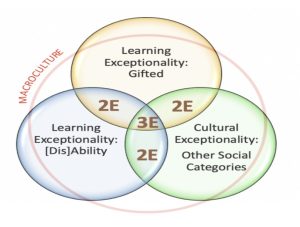
Gifted Services Are the Key to a Growth Mindset, Part One
Providing appropriately challenging gifted services nurtures a growth mindset in gifted and all students. When children only get work they’ve already mastered they cannot grow; targeted services meet academic, social, and emotional needs, encourage risk-taking and learning, and support students rather than exclude them.



